Number Recognition Normal Addition Facts Worksheets for Ages 4-6
6 filtered results
-
From - To
Introduce your child to the world of math with our "Number Recognition Normal Addition Facts Worksheets" tailored for ages 4-6. These engaging worksheets help young learners identify numbers and practice basic addition, building a strong foundation in math. Designed with colorful images and simple exercises, kids can easily understand and enjoy learning addition facts. Perfect for both classroom and home practice, these worksheets provide step-by-step guidance, encouraging kids to master number recognition while boosting confidence in their adding skills. Jumpstart your child’s educational journey with these fun, effective number recognition and addition worksheets.
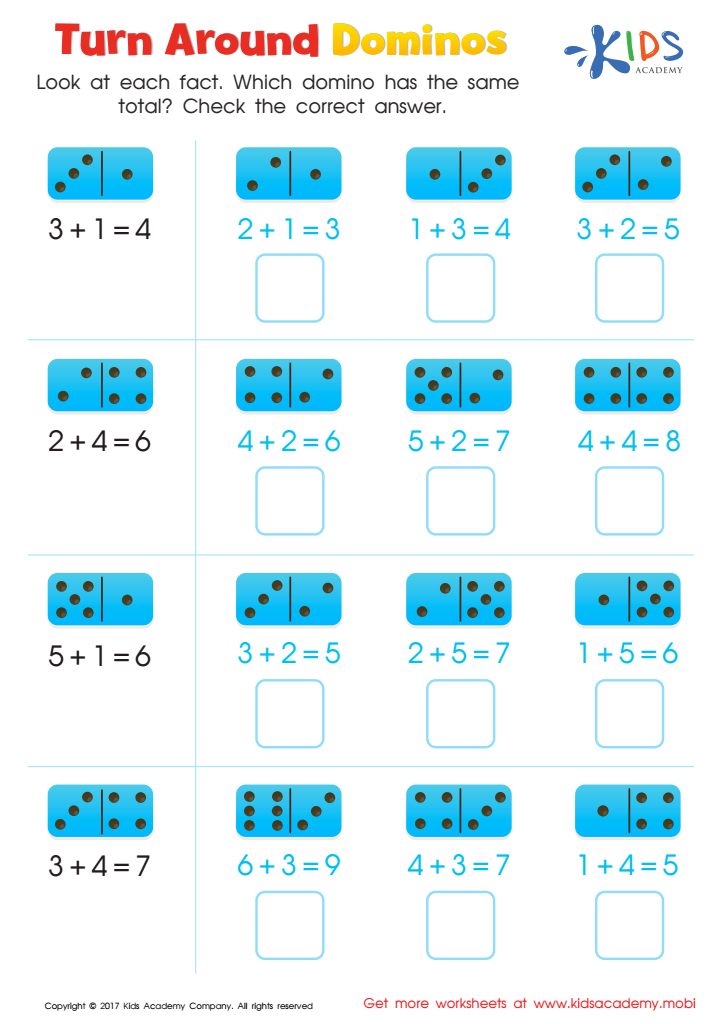

Turn Around Dominos Worksheet
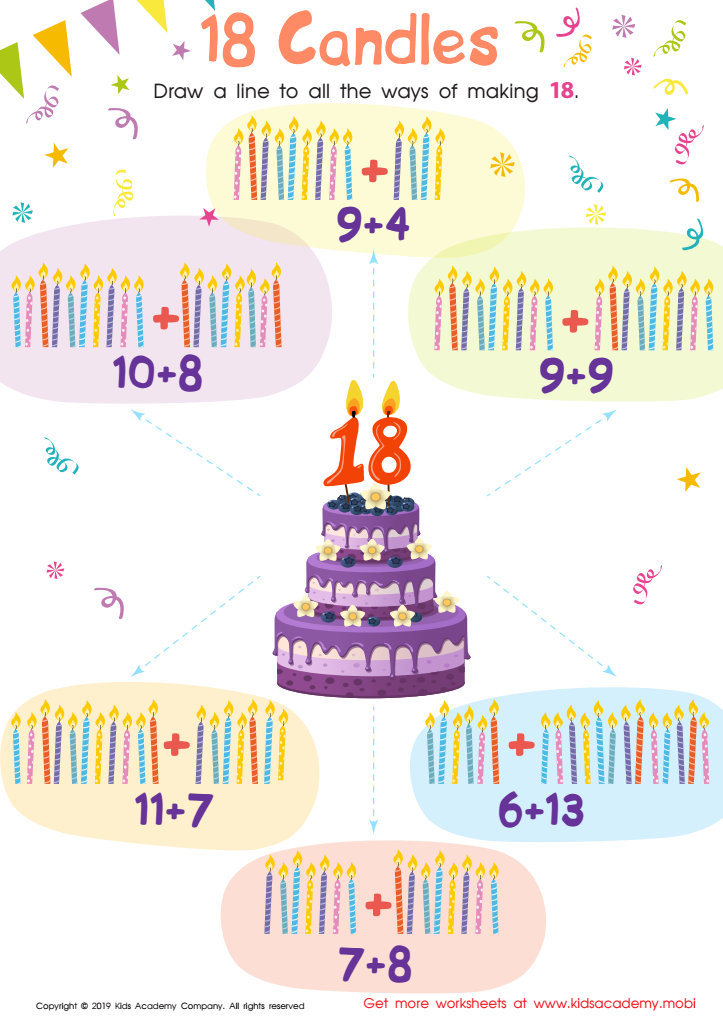

18 Candles Worksheet
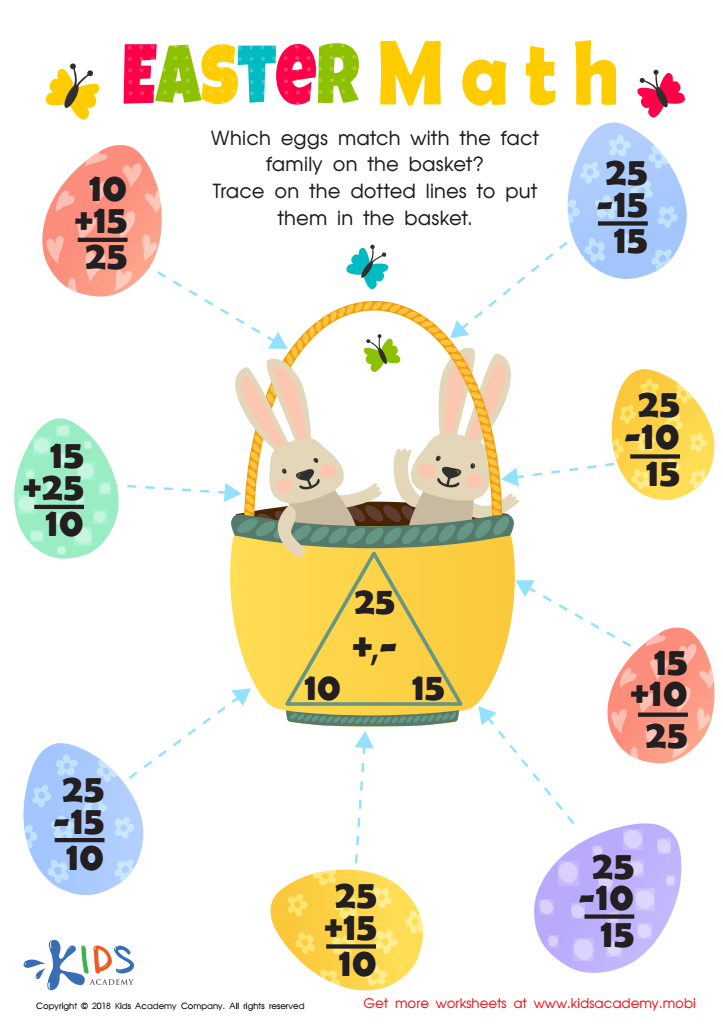

Fact Families: Easter Math Worksheet
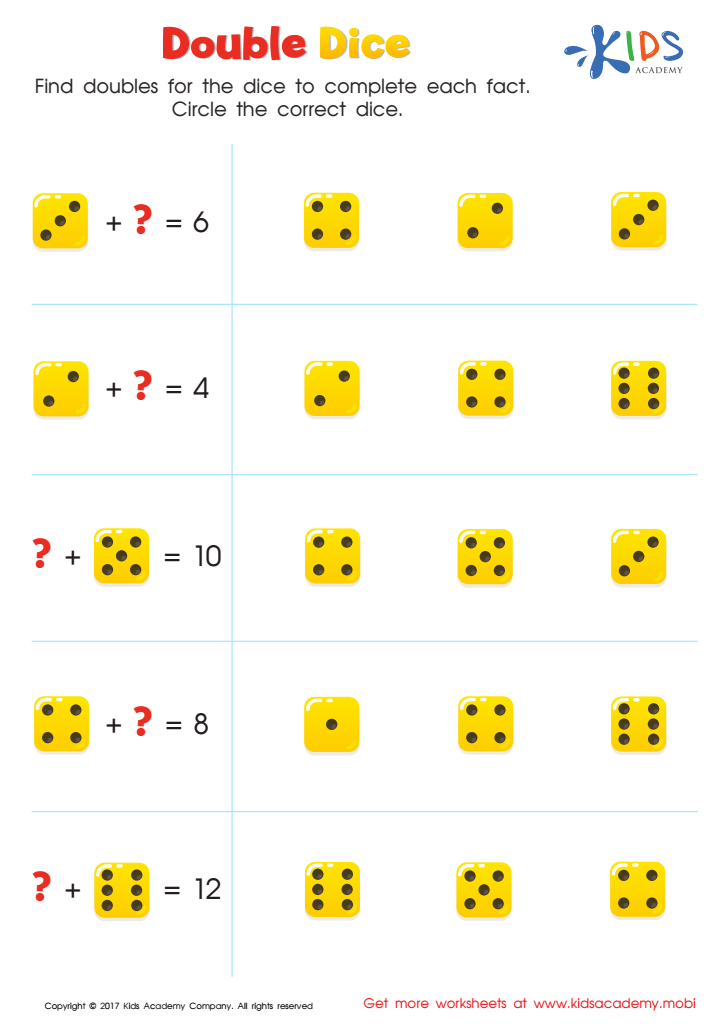

Addition Facts: Double Dice Worksheet
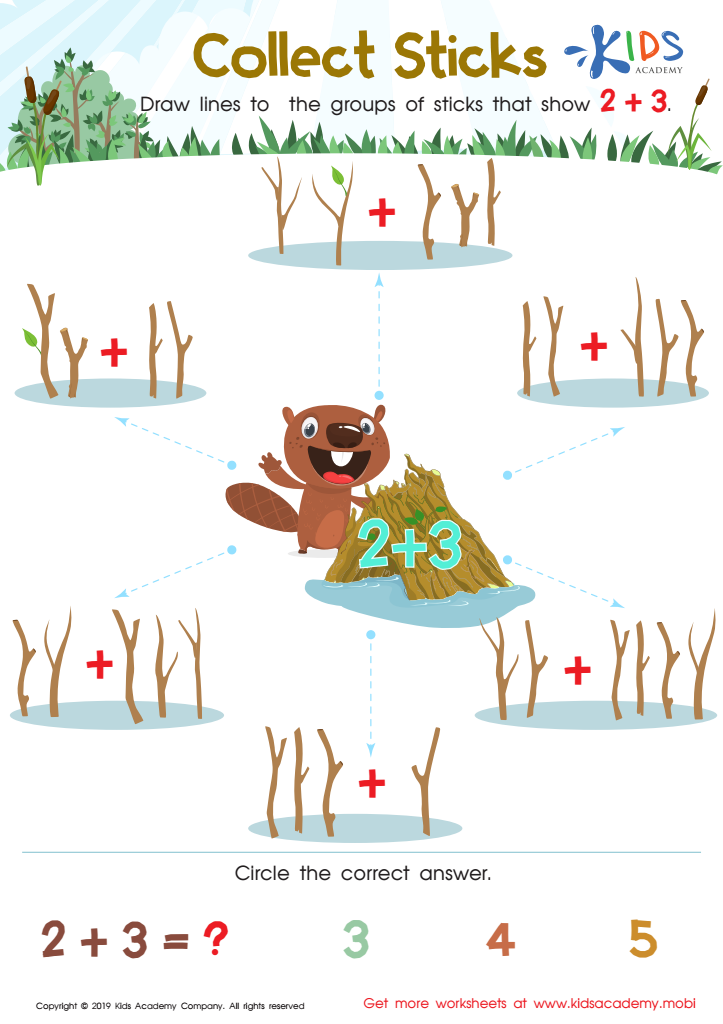

Collect Sticks Worksheet
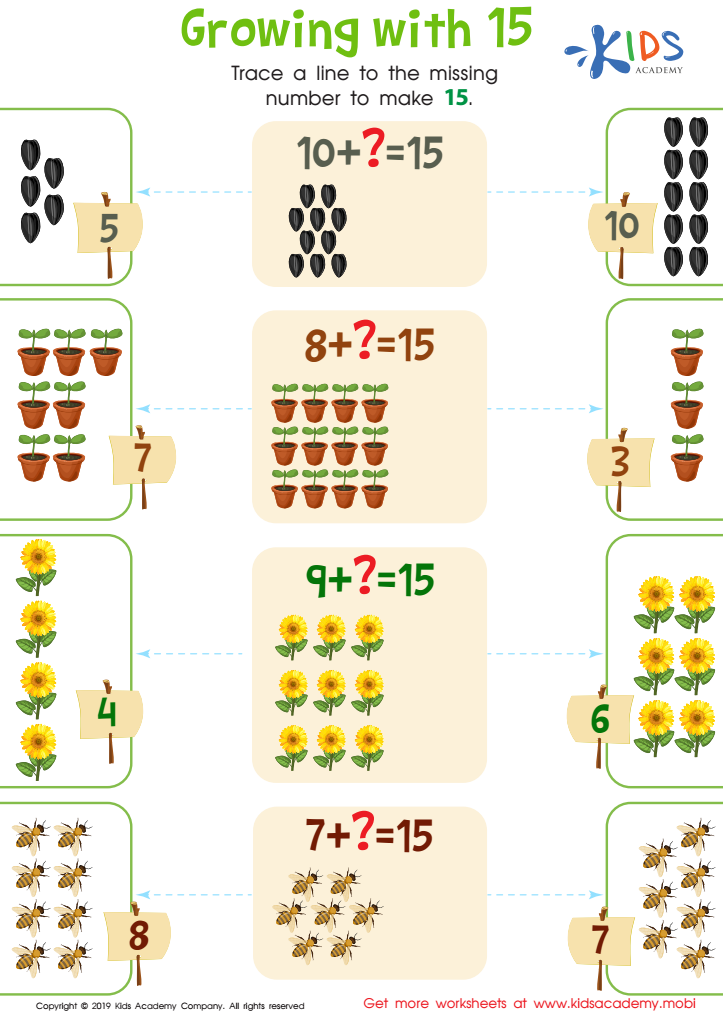

Growing with 15 Worksheet
Number recognition and normal addition facts are foundational skills for children ages 4-6, and both parents and teachers play crucial roles in fostering these abilities. First, number recognition is essential as it enables children to identify and understand numbers, which is a primary step towards grasping more complex mathematical concepts. Without this skill, children may struggle with basic counting and arithmetic, hindering their overall math proficiency as they progress through school.
Normal addition facts, such as simple sums up to 10, build on this foundation by helping children develop computational fluency. Fluent addition is an early indicator of mathematical ability and sets the stage for learning multiplication, division, and more advanced math operations. Moreover, mastery of these basic facts enhances a child's confidence and interest in math, making them more likely to enjoy and excel in the subject in later years.
Parents and teachers should cultivate an environment that makes number recognition and addition practice enjoyable and stress-free. By introducing games, hands-on activities, and daily practice, adults can make learning interactive and engaging. Investing in these foundational math skills early on not only promotes academic success but also supports cognitive development, problem-solving skills, and logical thinking, making it a crucial area of focus.
 Assign to My Students
Assign to My Students
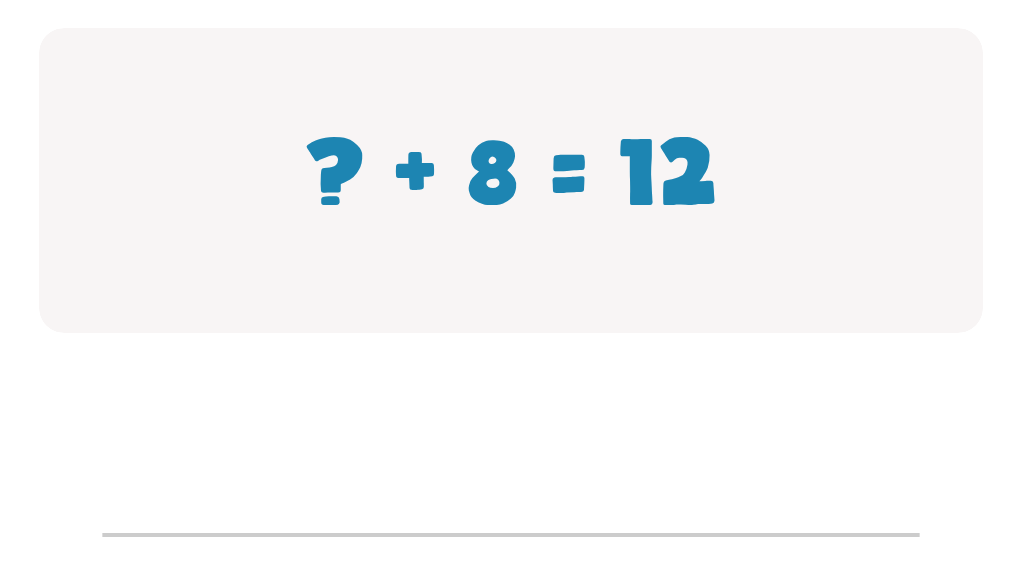
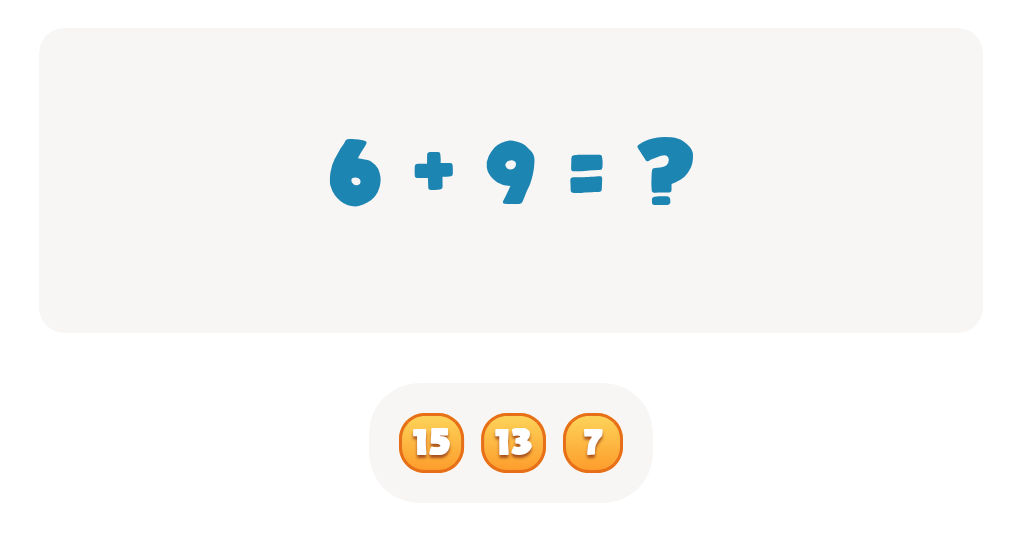
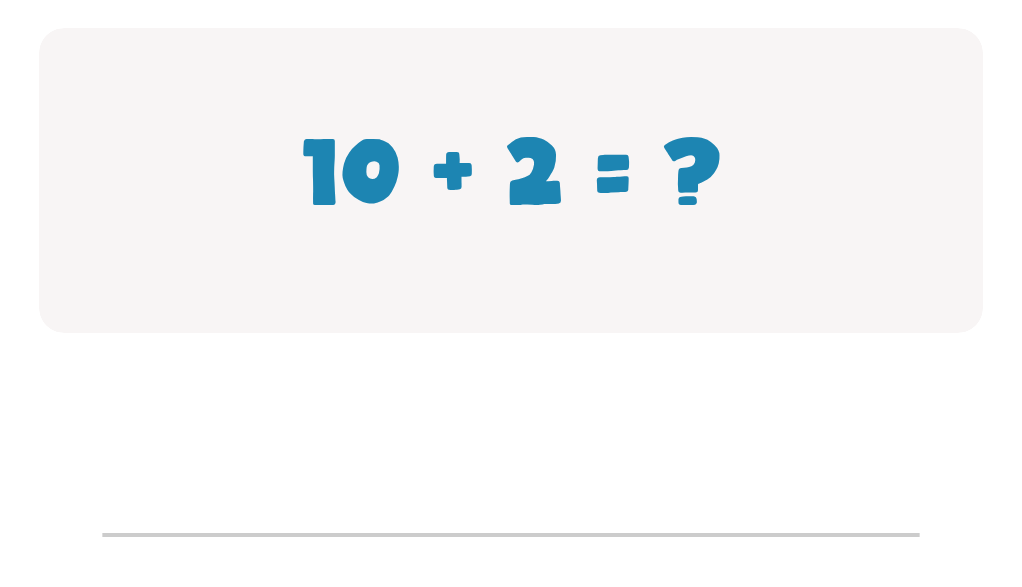
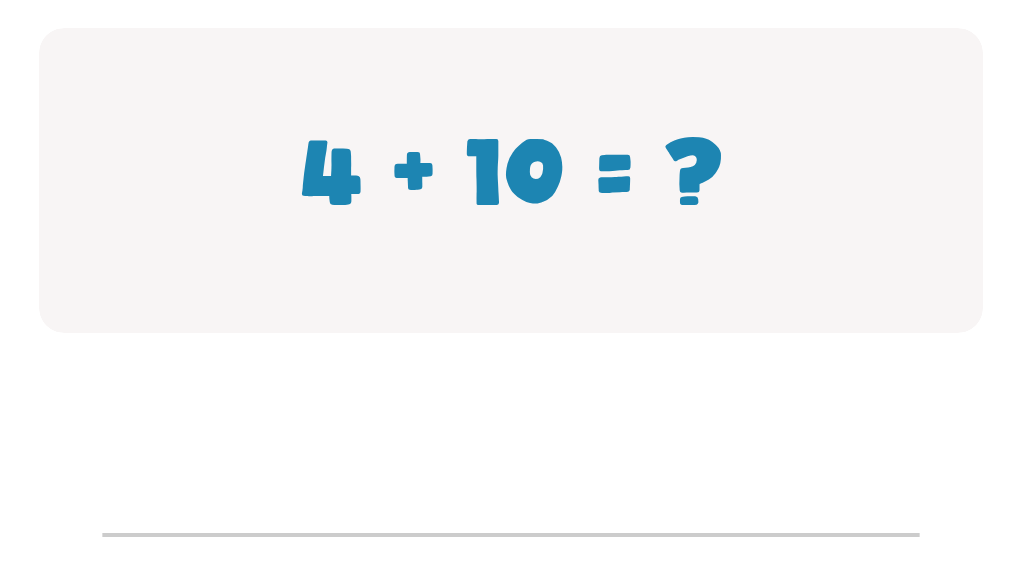
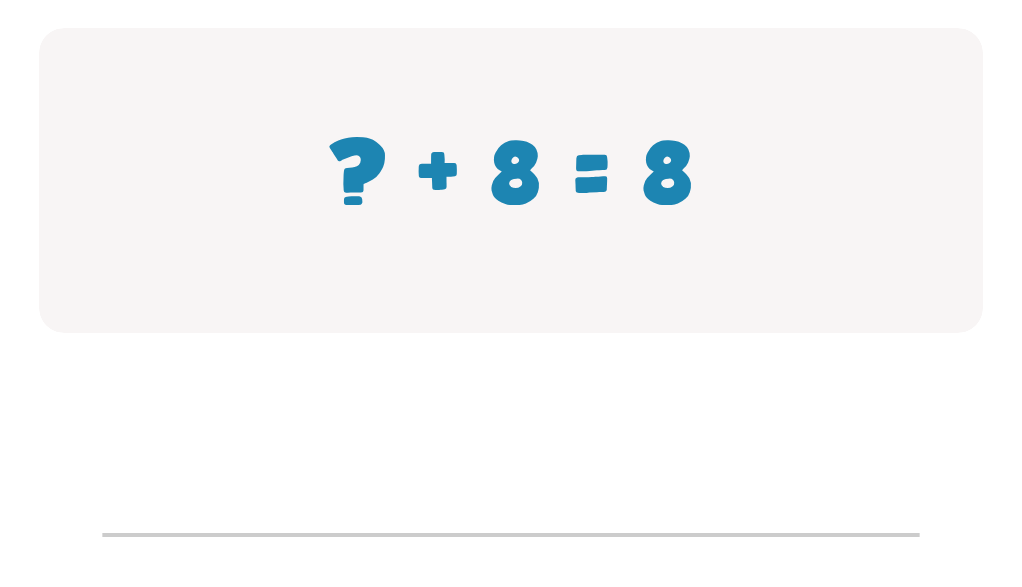
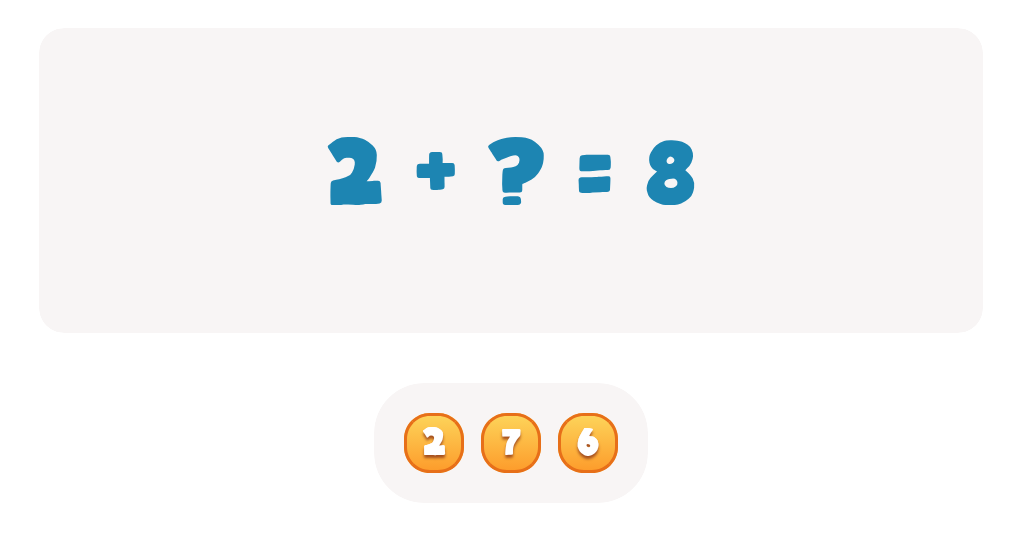
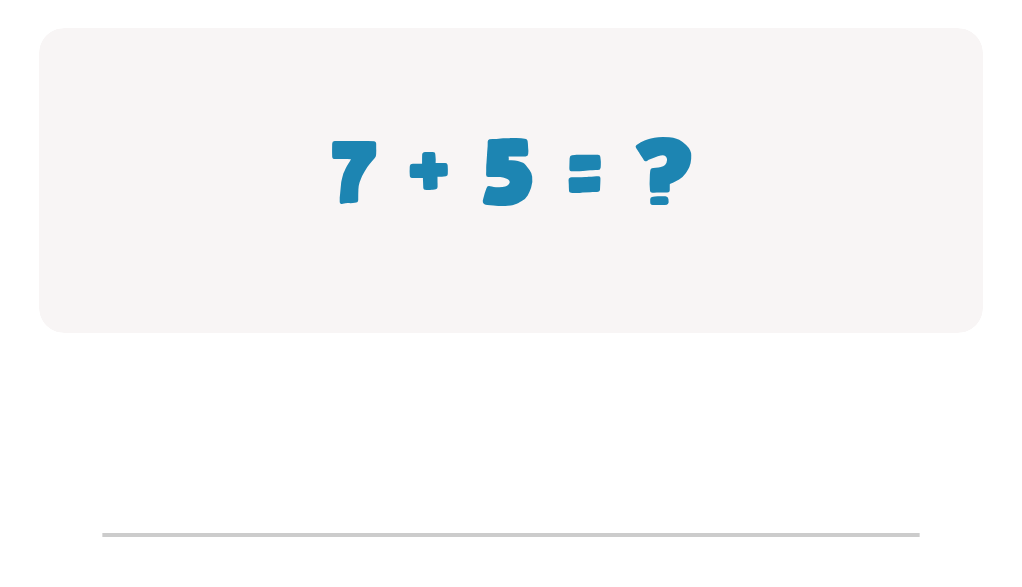
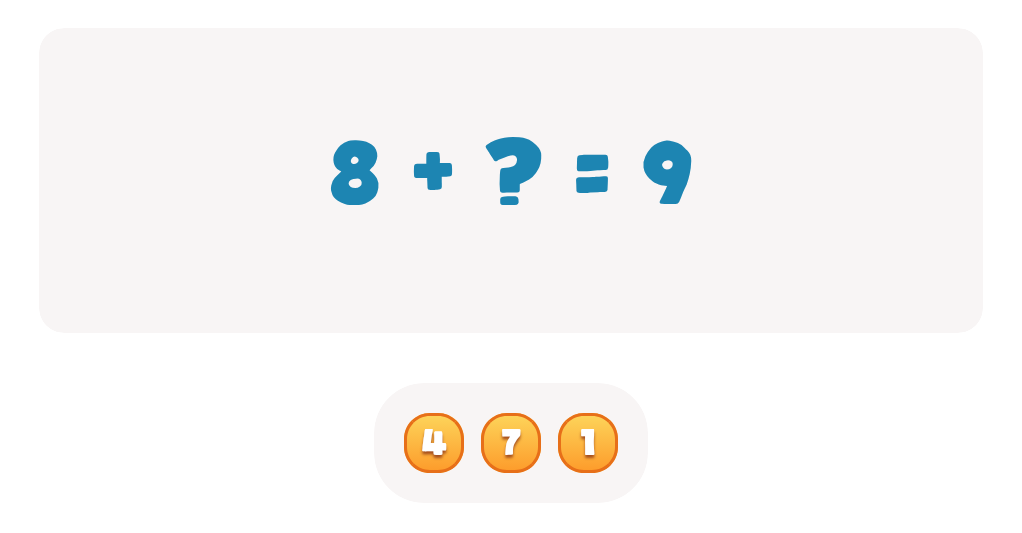

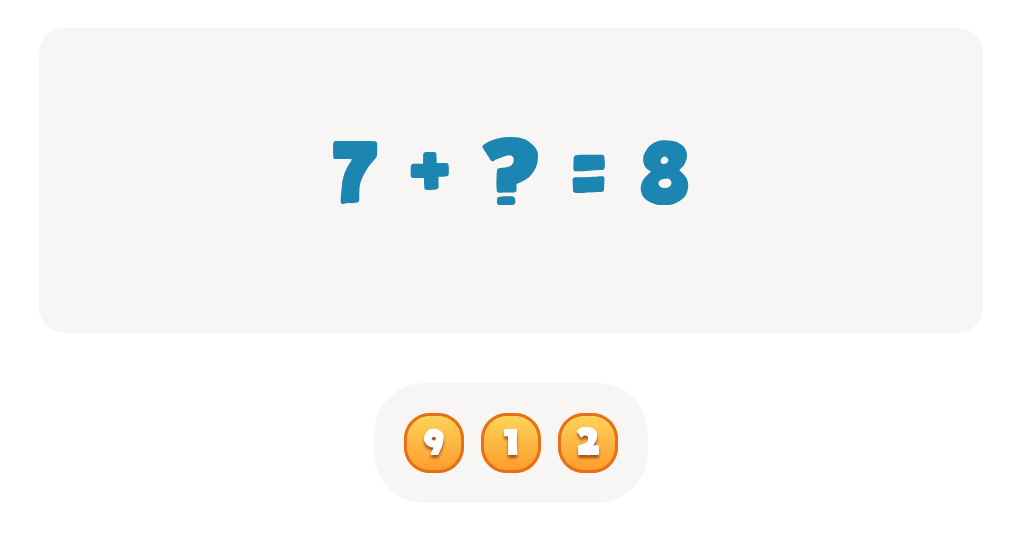









.jpg)












